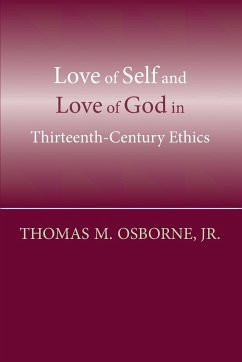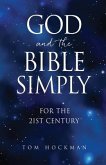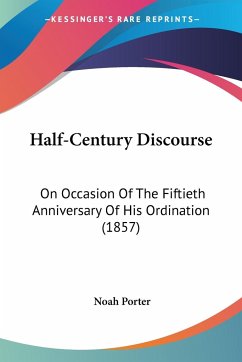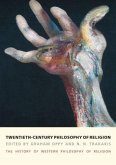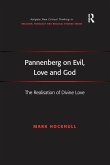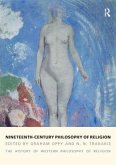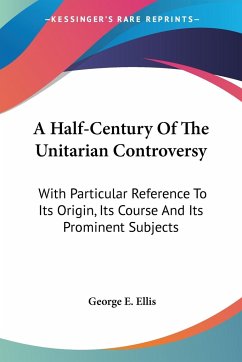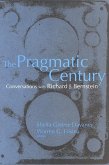In this book, Thomas M. Osborne, Jr., covers an important, but often neglected, aspect of medieval ethics, namely the controversy over whether or not it is possible to love God more than oneself through natural powers alone. Osborne provides a history of this debate, based on a close analysis of primary texts, clarifies the concepts most important for understanding eudaimonism, and argues that the central difference between the ethical theories of such great thinkers as Thomas Aquinas and John Duns Scotus is not morality and self-interest, but rather the relationship between ethics and natural inclination.
Hinweis: Dieser Artikel kann nur an eine deutsche Lieferadresse ausgeliefert werden.
Hinweis: Dieser Artikel kann nur an eine deutsche Lieferadresse ausgeliefert werden.

